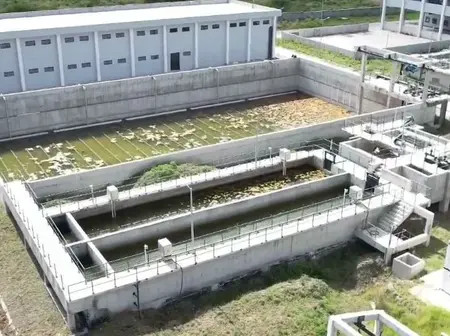Kenya’s leather industry is poised for a major revival following the government’s move to activate operations at the long-stalled Kenanie Leather Industrial Park in Machakos County.
After more than a decade of delays, a new lease agreement has finally cleared the way for the facility to begin full-scale operations – unlocking a wave of opportunities for local production, job creation, and reduced import dependence.
Yesterday(August 7, 2025), Investments, Trade, and Industry Cabinet Secretary Lee Kinyanjui confirmed that the Kenya Leather Development Council (KLDC) and the Export Processing Zones Authority (EPZA) had officially signed the lease.
“This is seen as a major step forward in attracting investors to the leather sector and is expected to create many direct and indirect job opportunities,” Kinyanjui stated.
He added that the leather industry is a multi-billion-shilling business with huge potential that can transform Kenya’s economy by profiting livestock farmers and supporting local production and exports.
Despite being in high demand, the majority of Kenyan leather and footwear producers still import due to the low local supply. Kinyanjui asked the KLDC to partner with abattoirs and introduce training on hide and skin handling in order to curb wastage during processing.
The Kenanie Leather Industrial Park is fully equipped with modern infrastructure, including leather factories, tanning units, serviced plots, electricity, water, ICT support, and a waste treatment facility. Already, 36 investors have shown strong interest in leasing space within the park’s tanneries and warehouses.
Spanning over 500 acres in Kenanie, the Kenya Leather Park (KLP) is designed as a one-stop hub for leather, footwear, leather goods, and allied industries. Applications for investor space are currently open.
With the ability to produce up to 10 million pairs of shoes annually, the park is expected to increase earnings for livestock farmers and dramatically boost employment. Once fully operational, it could generate more than 100,000 jobs – up from the current 17,000, marking a transformative step forward for Kenya’s leather and manufacturing sectors.

Leave a Reply